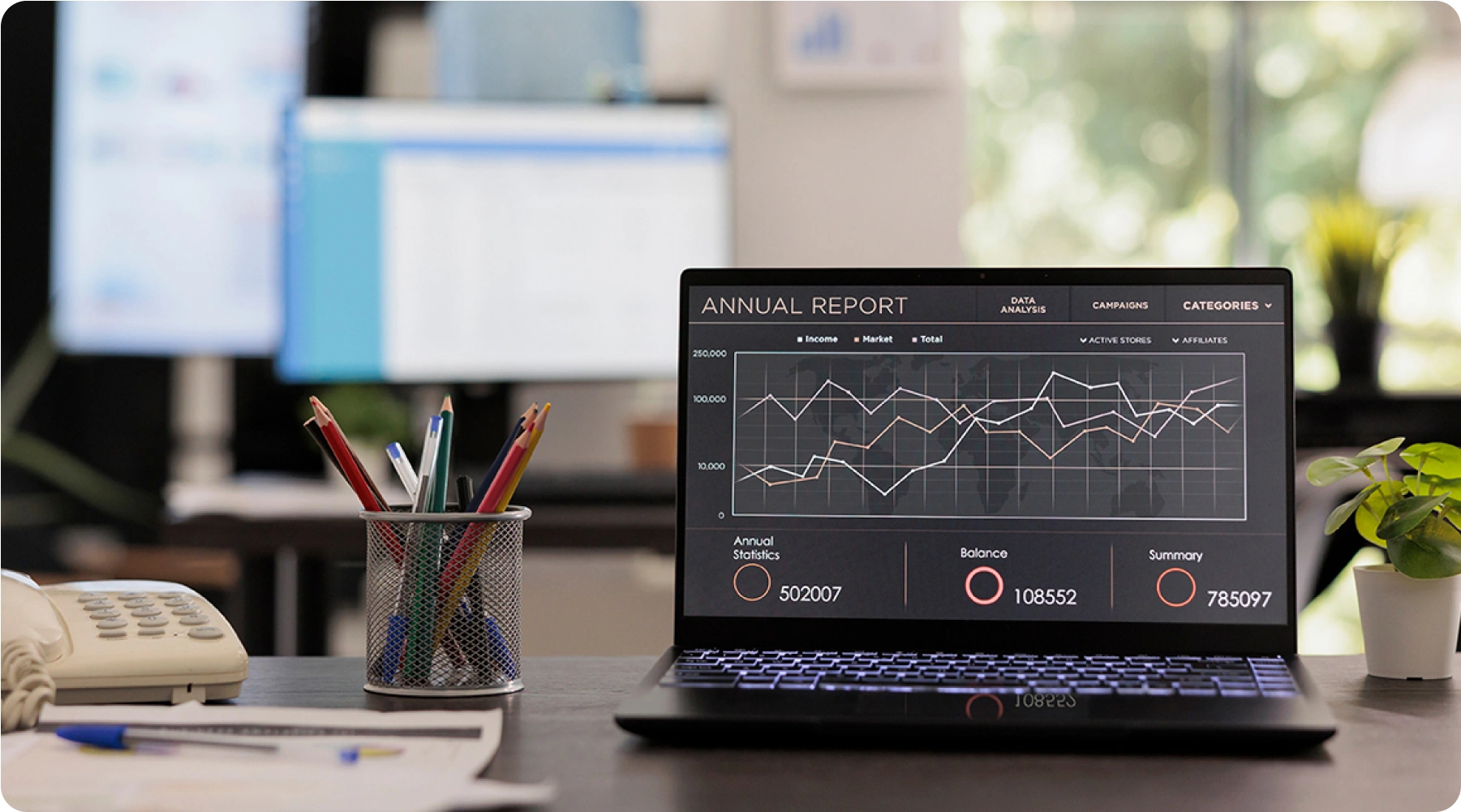Ensuring VoIP Security: Best Practices for Businesses A Comprehensive Guide

In today's fast-paced business world, communication is the backbone of successful operations. Traditional phone systems are rapidly being replaced by Voice over Internet Protocol (VoIP) technology, which offers a plethora of benefits. Here are some key advantages of using VoIP for modern businesses:
1. Encryption
Use strong encryption protocols for all VoIP communications to protect data from interception. This includes using secure SIP (Session Initiation Protocol) and SRTP (Secure Real-time Transport Protocol) to safeguard voice and video calls.
2. Secure Network
Ensure your network is secure by using firewalls, virtual private networks (VPNs), and intrusion detection systems (IDS). Additionally, segmenting VoIP traffic from other network traffic enhances security and reduces the risk of attacks.
3. Strong Passwords
Implement strong password policies and use multi-factor authentication (MFA) to prevent unauthorized access. Regularly update passwords and ensure they meet complexity requirements to enhance security.
4. Regular Updates
Keep your VoIP software and hardware up to date with the latest security patches and updates. This practice helps protect against known vulnerabilities and exploits that could be used to compromise your system.
5. Monitor and Audit
Regularly monitor VoIP traffic and conduct security audits to identify and address potential vulnerabilities. Utilize tools that provide real-time alerts and detailed logs to track suspicious activities.
6. User Training
Educate employees about VoIP security best practices, including recognizing phishing attempts and other social engineering attacks. Regular training sessions help reinforce good security habits and awareness among staff.
7. Vendor Security
Choose a VoIP provider with strong security measures and a proven track record of protecting customer data. Ensure that the provider follows industry best practices and complies with relevant security standards and regulations.
Additionally, it's crucial to segment your VoIP network from other data networks to limit the impact of potential breaches. This practice helps contain any security incidents and prevents them from affecting other critical systems. Implementing network segmentation along with dedicated firewalls for VoIP traffic enhances overall security.
Another important measure is to disable unused services and features on your VoIP system to reduce potential attack vectors. Regularly review and update your system's configuration to ensure only necessary services are active, minimizing the risk of exploitation.
Implementing intrusion prevention systems (IPS) in addition to IDS can help actively block suspicious activities and potential threats. This proactive approach ensures that potential security breaches are addressed in real-time, preventing damage before it occurs.
Finally, businesses should establish a comprehensive incident response plan tailored to their VoIP environment. This plan should outline specific steps to take in case of a security breach, ensuring a swift and effective response to minimize impact and restore services.
COPERATO prioritizes the security of our clients by implementing cutting-edge security measures, including encryption, regular updates, and comprehensive monitoring. Our cloud PBX service ensures that your communications remain safe and protected against threats, making us a reliable cloud PBX provider. Trust COPERATO to safeguard your business communications with robust security practices and dedicated support.




